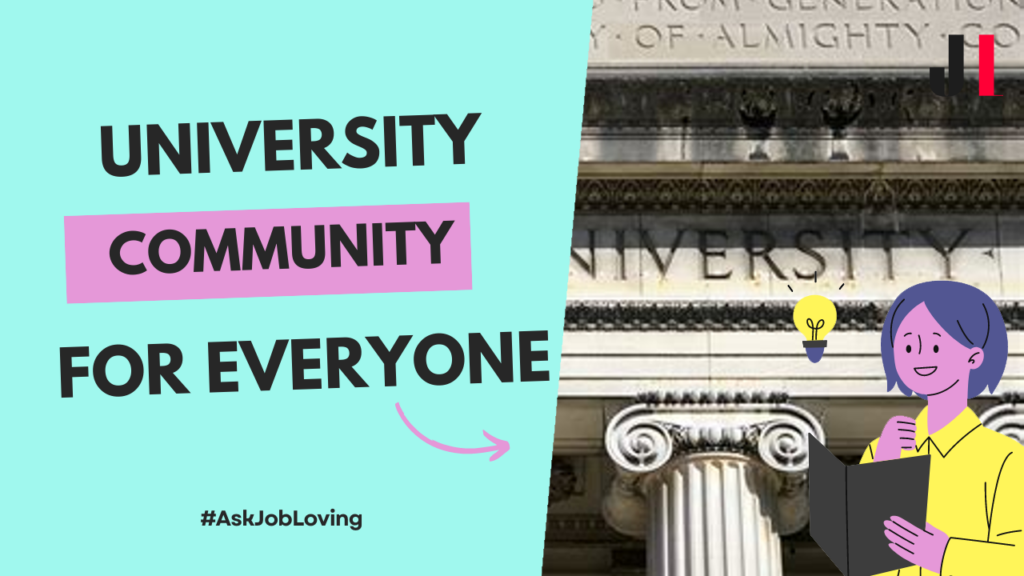How Columbia University Protected a Predator
Columbia University has faced serious allegations regarding how it protected a predator—specifically, a high-ranking OB/GYN accused of abuse over two decades. This situation reveals deeply troubling patterns of institutional negligence, raising important questions about accountability and victim support that resonate with both students and faculty alike.
For more than twenty years, Columbia University appeared to ignore numerous allegations from women who reported inappropriate behavior by this doctor. Instead of supporting the victims or fully investigating their claims, the institution seemingly prioritized its reputation over the safety and well-being of its community. This practice indicated a systemic fail that allowed the predator to continue operating unchecked, creating an environment where hundreds of patients faced potential harm.
Moreover, Columbia’s response—or lack thereof—served to undermine prosecutors who sought to hold this individual accountable. By delaying investigations or minimizing reports, the university effectively obstructed justice. This raises significant ethical concerns about institutional responsibility and the value placed on victims’ voices at a prestigious university.
The Broader Implications of Columbia’s Actions
This scenario is not merely about one individual’s behavior; it reflects a broader culture within academia that often prioritizes institutional loyalty over individual safety. Many institutions, including Columbia, must confront how they handle cases involving serious allegations. If universities continue to protect their own at the expense of victims, they risk fostering an atmosphere that tolerates abuse.
Furthermore, students and faculty have voiced their outrage and disbelief regarding the university’s inaction. In a time when movements like #MeToo are demanding accountability, such negligence feels especially regressive. The community needs assurance that its leaders will listen and take appropriate action against predatory behavior, rather than allow a culture of silence to persist.
Conclusion
In conclusion, the case of how Columbia University protected a predator highlights urgent issues surrounding sexual abuse, accountability, and victim advocacy within academic settings. The university’s failure to act not only endangered countless individuals but also highlighted systemic flaws in handling such critical allegations. It serves as a sobering reminder for institutions everywhere: prioritizing reputation over responsibility can have dire consequences.
If you seek further insights or resources on how Columbia University protected a predator—or simply wish to connect with others who share your concerns—reach out to us at the JobLoving community! We are here to help navigate these complex issues together.

